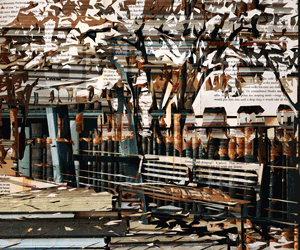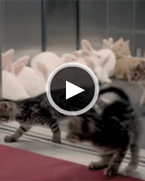Show 385: “Tanker”
“Tanker” de François Martig
FR/ Installation, installation sonore, documentaire radio ou photographique, le travail mouvant de François Martig trouve une forme qui s’adapte aux contextes, à la géographie et aux territoires rencontrés. Il s’agit toujours de sous-ligner ceux-ci plutôt que de s’y imposer. Ses préoccupations artistiques suivent un fil rouge qu’il appelle Robinsonhotel. Ce titre générique, pour un projet à long terme, interroge le paysage comme espace social, économique. François Martig a commencé à prendre des sons comme il capturait des images documentaires. L’usage intensif du médium sonore lui a permis de renforcer sa réflexion photographique sur la notion de parcours via la marche et d’opter pour une pratique active du paysage.
EN/ François Martig’s work uses a wide range of media, from sculptural and sound installations to radio documentaries and photography, in order to react on the specific social and geographical context in which it is shown. “Robinsonhotel”, the long-term project at the centre of Martig’s artistic practice, examines the landscape as a social, economical and political space which is subject to ongoing transformation. The artist is furthermore interested in site-specific sound broadcasting. In addition to his visual work, he produces live sound and music performances as well as soundtracks combining soundscapes, field recordings, electro-acoustic and noise music. Martig, who also works as a sound engineer for movies, has collaborated with numerous other sound artists such as Els Viaene, Philippe Petitgenet, Aymeric de Tapol and Mattin.






















Prikaži Komentarje
Komentarji
Intriguing though the phoosclygy of consumer behaviour is (and I could read and chat about it all day) the recommendations in the second part of this article are unlikely to be very much more successful than the broad brush campaigns mentioned in the first part. Widespread change almost always needs either regulation, or price signals (usually brought about by regulation). Our current economic model means that it is generally cheap and convenient to throw away (no marginal charge to the consumer) and buy new (on the back of low wages in China, relatively cheap energy and materials) than it is to repair (requires skilled or semi-skilled labour locally). We need to change market fundamentals, and consumer attitudes will follow.
Komentiraj